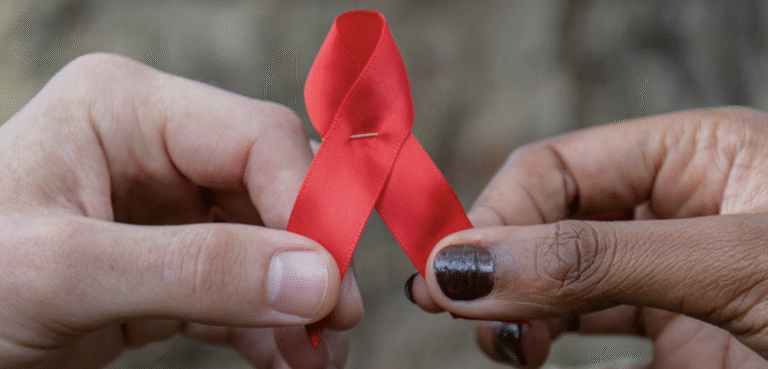
I wouldn’t be HIV-positive if PrEP was available in Australia: Dean Beck
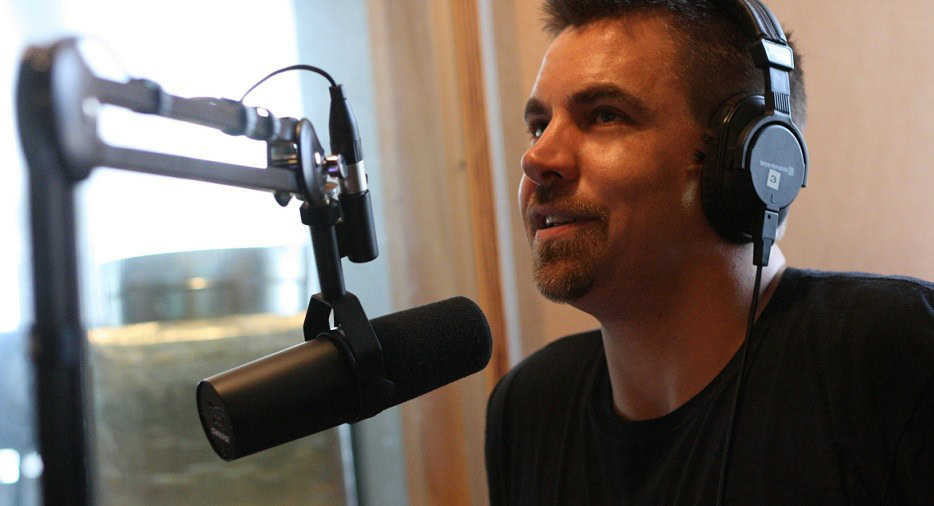
“I’M a little nervous, but I think it’s important advocacy work,” Dean Beck said.
“I knew that there would be a time and a place when it was right for me to step forward, and I think this is it.”
Beck was recently diagnosed HIV-positive. Not long after receiving the news, he approached the Victorian AIDS Council (VAC) about doing something with his experience — he wanted to use it to advocate for wider access to PrEP, pre-exposure prophylaxis for HIV.
Growing out of that conversation was a video series (scroll down to watch) featuring Beck and a number of other high-profile HIV-positive people calling on governments, drug companies and health bodies to make PrEP available.
“I’m a great believer that it should be another tool in the box for people to protect themselves, and had it been available in Australia the same time it was in the US, I certainly would have been on it, and I would not have been diagnosed positive,” Beck said.
“Having gone through the mental anguish of a diagnosis, to have the empowerment that perhaps PrEP would give some people as far as control over what it is and how they do it, it’s so, so valuable.”
Perhaps best known as the presenter of a number of shows on LGBTI community radio station JOY 94.9, covering sexual health, community news and current affairs, Beck is a prominent figure in Melbourne’s gay community. He’s been a force for change on local and national issues, and has argued passionately that the community needs to talk more openly about sex, sexual health and HIV.
Despite years talking publicly about HIV, Beck said nothing could have prepared him for his recent positive diagnosis.
“I couldn’t have been better aware of HIV and also aware of my failings,” he said.
“The point is that it doesn’t matter how good you are at getting the knowledge and how good you are at trying to do the right thing all the time, people make mistakes, and I make mistakes, just like everybody else, and those mistakes have consequences.”
Beck said it is vital to understand that confronting stigma and becoming aware of how stigma is perpetuated does not free gay men from its impacts. He has been particularly worried about the community reaction, that his diagnosis would be branded a cruel irony given his reputation as a HIV-prevention advocate.
“Of course. Of course I do. I’m just as exposed — perhaps even more so — to stigma as anyone else, and the timeframe from my diagnosis to my publicly speaking out about it, that time has been spent dealing with all sorts of internalised stigma around the issue,” he explained.
“There will be people that draw their own conclusions around my failings, that’s fine, they’re entitled to do that, but I would counsel anyone who is critical of people with HIV to be very, very careful, because you never know when it might just be you.”
While younger people in the community have more out public figures than ever before to look up to, there are few high-profile, HIV-positive people speaking about their experiences. The work of programs like Living Positive Victoria’s Positive Speakers Bureau is invaluable in helping people understand what it’s like to live with HIV, but Beck said the dearth of HIV-positive role models made it harder for people to come out. He cited Olympic medallist Ji Wallace and advocate Nic Holas as some of the only examples we have.
“We know that there are lots of people in the public domain that are HIV-positive, whether they are in the corporate sector, or whether they are in the arts or whatever, that are fearful of coming out, and fearful of the stigma that they would become a target of,” Beck said.
“I think it’s incumbent on our community as a whole to provide and facilitate safety for those people to step forward. Hopefully they will feel that and be able to step forward and put more voices to a very, very lonely place for those living with HIV.”
Momentum has continued to build around PrEP for the past couple of years in Australia, but Beck argued the gay community should be doing more to support and scrutinise the country’s AIDS councils. Access to PrEP in Australia is years behind the US, where, while it is expensive, PrEP has been widely available for three years.
“We’re a very complacent mob, I mean gay men in this country, because we have tremendous organisations that we rely on to be our voice in this space, and we allow them to do the work for us, so we just sit back and take it all in,” he said.
“We don’t police them and make sure what they’re doing is the right thing and the best by us, and secondly, they’re the same voice banging on about the same thing that they’ve been banging on about for 30 years. Where is the support from us to back them up and help them get some of these things across the line?”
Beck compared the PrEP situation to the long wait Australia has had for widespread rapid HIV testing.
“I was fucking furious with all HIV agencies for not screaming blue murder that rapid testing wasn’t approved quicker than what it was. Part of that was the sector itself, who for half of that period said, ‘we don’t want it in this country’,” he said.
“We were our own worst enemy in that space, because we relied on the agencies to be right, and they were wrong. This time (regarding PrEP) they’ve got it right, so we need to all get behind them and make it happen.”
Beck hopes adding his voice to the ranks of out HIV-positive men shouting for change will make a difference, and said HIV-negative people have an important role to play.
“If you’re negative, do your very best to stay negative, and use every tool available to do that, and help get PrEP available for you, or if not for you, then for somebody else who thinks they might need it,” he said.
“And if you’re critical of people living with HIV, be very, very careful, because unless you’re perfect, it just might be you one day. But hopefully with PrEP it won’t be. And if you know someone on PrEP, congratulate them for taking responsibility for their own sexual health and wellbeing, and that of others.”
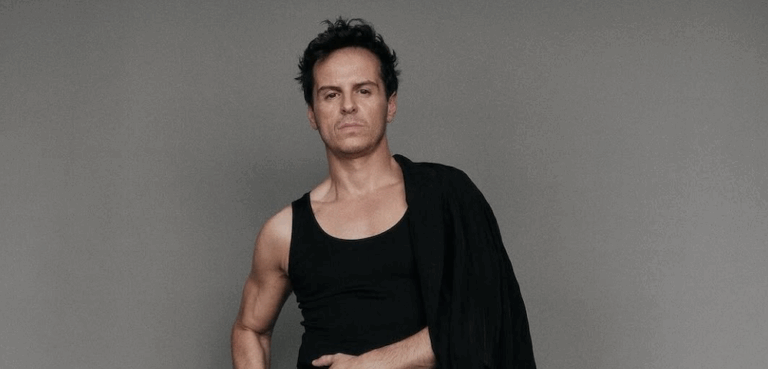
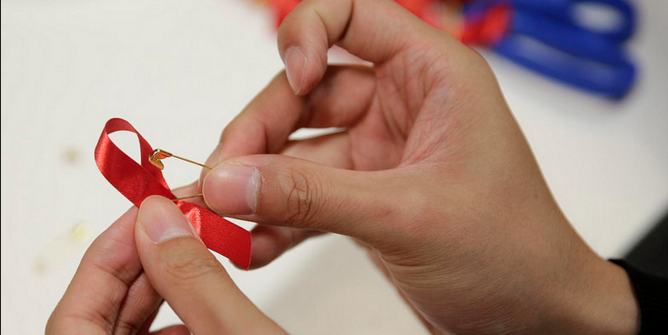




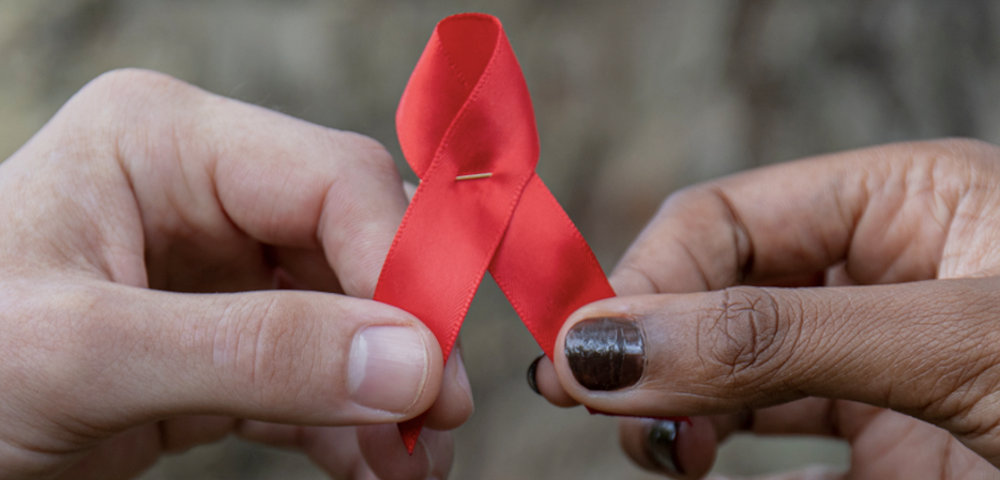
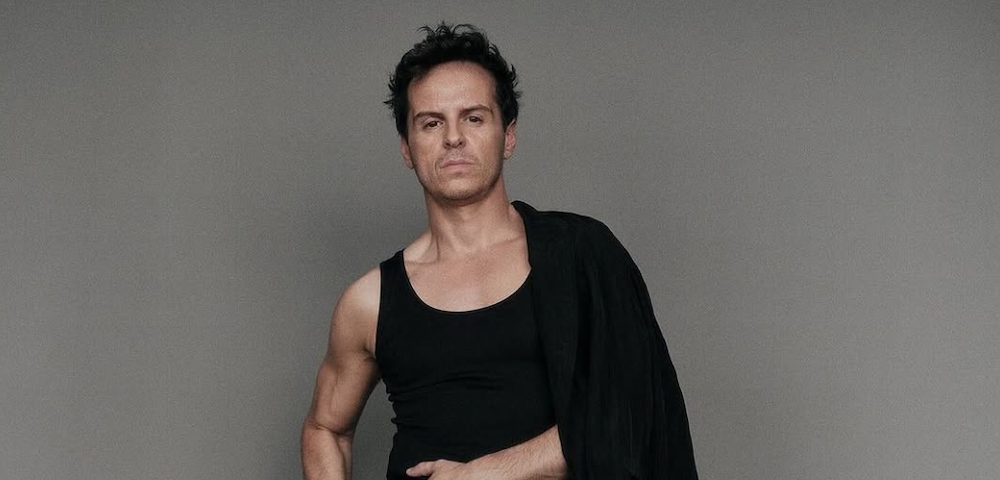
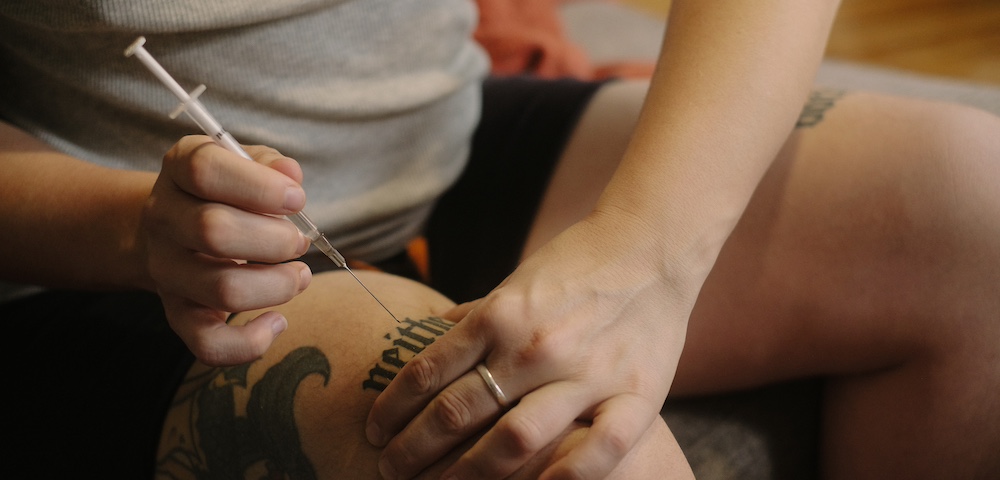

Apparently this needs to be said, because many of you don’t “get it.”
Next month is the 32nd anniversary of when “How to Have Sex in an Epidemic” published its first 5,000 copies. That booklet was the beginning of what we now call Safer Sex.
If everyone used a condom “consistently and correctly every time” this epidemic would have been over by the mid 90’s, when effective antiretroviral therapy came along. We’ve been screaming “Condoms! Condoms! Condoms!” for over thirty years. Yelling it louder now won’t make any difference. It is unrealistic to expect all people at risk to use a condom 100% of the time.
Condom use is falling. Sales are down. Fewer people are picking them up a free distribution points. In sexual health surveys, the percentage of people who admit to condomless sex is going up. A fair number of people who say they “always” used condoms on one question, report that their last sexual encounter was comdomless. Moralizing, and slut shaming those who can’t, or don’t always use a condom is a waste of time, and will not change anything.
Safe sex was invented to prevent HIV transmissions. It has ALWAYS been about HIV. Only recently, after other HIV prevention technologies appeared, has a moral panic developed around condom use and other STIs. And don’t kid yourself, guys get tested for other STIs far less frequently then they do for HIV. If it doesn’t drip or sting, people aren’t getting it checked. How many of you have had your butt and throat swabbed to test for Gonorrhea and Chlamydia? Are you vaccinated against Hep A & B?
It’s time to upgrade your knowledge, and our prevention toolbox, to what we know about HIV transmission in 2015. Quit living in the 1980s.
Just before the AIDS 2014 conference, ACON issued a position statement titled “What is Safe Sex?” (They choose to use the word Safe rather than the more widely accepted Safer.) The position paper is based on current scientific opinion, and reviews the research studies that led to the document’s publication. In it they describe Comdomless sex with a guy on PrEP, Condomless sex with a Poz guy whose viral load is undetectable, Poz on Poz Condomless sex, and sex with rubbers, all on an equal footing. They are all safer sex!
http://www.acon.org.au/sites/default/files/What-is-Safe-Sex-Position-2014.pdf
I thought that a revolutionary redefinition of Safe Sex would garner a major amount of media attention. At the very least, Gay publications should have sat up and taken notice. But sadly, the ACON position paper has only been discussed in two articles across the entire world. At least, that’s all I’ve been able to find. Shame on the Star Observer for not being one of them!
You a brave and passionate man dean and my respect goes to you for all the work you have already done and will continue to do for this cause.
Surely am not the only person who is HIV who can see that all PrEP is doing is making barebacking more attractive.
As my doc has said and others who understand PrEP. Once your on it you can’t stop, unless your not going to have sex again.
So I like to think PrEP is more like the pill to keep Medical companies rich and let us forget teaching education on safe sex (note PrEP won’t stop HEP-C or any other STIs)
Of course you can stop and start again if you want to. That’s like saying once you use condoms for sex, you can’t stop unless you’re not going to have sex again. What’s his assumption? That once you don’t use a condom you can never go back? Many men move in and out of stable relationships and stop using condoms for periods that they are in relationships but then go back to them when they are single again. Time to get a new doctor.
It takes a certain calibre of person to be able to publicly say that you are positive. Well articulated.
Il y a une expression a Montreal, Lâche pas la patate même si est chaude. J’ai 72 ans ind y lost so Muchts friands.
Dont gave up
https://www.facebook.com/photo.php?fbid=10153165788198592&set=pb.785933591.-2207520000.1429712347.&type=3&theater
can’t or won’t? I wonder which one is more moronic. What is certainly moronic is your ‘Russian roulette’ remark. 20 to 30 years ago that remark had truth in it, now it is just a sign of 0 knowledge on the subject.
My opinion on this may or may not differ from others. I thought that pRep was supposed to be used for partners of people who were HIV+ and the HIV+ partner was undetectable.
I know hundreds of my friends who are HIV- and they haven’t taken pRep, because they use condoms and they are self professed sex positive men.
I’m not sure pRep is supposed to be so people can just bareback with as many people as they want BUT if this is the protection they want to take then it is better than nothing at all and I hope that it works successfully for them.
My biggest concern is that it could only take missing a few doses, for whatever reason, and then you could be putting yourself in a position to become HIV+.
I’ve been positive for nearly fifteen years and I wouldn’t dare make this statement because I don’t entirely believe, yet, that pRep is the absolute right answer to hiv prevention, but it is at least a start. But I do also know that because I am undetectable I am unlikely to pass on HIV, and definitely couldn’t pass on HIV to someone on prep.
But if condoms are effective at stopping HIV then why the bother of spending $120 a month (online) just so you can dispense with using condoms without a 100% guarantee that it will work. It’s a very bold statement that I am not comfortable with as yet.
Dean..
Best wishes on this journey mate!
Love safely and respect yourselves! !
It is, and it isn’t a miracle drug. It is a miracle drug because it is so incredibly effective in preventing hiv transmission, it is not a miracle drug because this is proven science. It even works when not taken daily. About side effects: there are hardly any. The whole ‘hiv medication has severe side effects’, including the lie ‘that are worse than actual hiv’: we live in 2015. Back in 1995-2005 hiv medication had horrible side effects, the current ones don’t. Saying the long term side effects are not known: Truvada has been introduced in 2004, we have a pretty good view on the matter. Those protesting: this is just an attempt for pharmaceutic companies to make more money. Yes, that’s how it works. They invest money in coming up with medication that saves lives, or prevents diseases. It is not a conspiracy. And then to the condom choir: condoms are not 100% safe when used. And they are not used 100% of the time, anyone responding to this article can have a look at their own lives for confirmation of this. Truth is, prep works so incredibly well – and hiv treatment too, it stops the ability to transmit (proven science) – that it would be stupid not to use it. Condoms have been around for a loooong time now and despite that, new infections occur (also of other STD’s, yes condoms stop them, but our behaviour is not such that it would be 100% effective, or do you suck with a condom? didn’t think so). So that strategy has been proven unsuccessful. Supporting hiv prevention, but at the same time disapproving prep, is equal to not vaccinating your children because a. a deity is against it or b. it causes autism and other worse things. It is religious in the sense that it is not supported by science – it is actually contradicted by science – and because condoms are declared holy (also not in line with reality). The autism and other worse things argument: it’s a lie, just like most arguments against prep are not founded in science. I certainly don’t blame anyone for not knowing the ins and outs of this subject, because what you read is often incomplete or even biased. Truth is, this is a revolution happening, and it also won’t be stopped. A new method – more effective than condoms – has been added. With other diseases, we applaud the intake of medications that prevent it, but only in this case it is protested, simply because it is about sex. Which is a heritage of virulent anti-gay societies (that wasn’t very long ago, remember?) in which gay sex was considered repulsive, even before the emergence of hiv, which made it a repulsive thing from which not only you could die, but also others. Those days are long over, the effects of those days far from. Do you really want more people being infected with hiv simply because of that? And should people really get hiv because you think prevention is a good thing but not when it comes in pill form? If that’s not ill informed, it is pure evil. Much like the Church has done for a long time with birth control, disease prevention and yes, even condoms.
I’ve always thought very highly of Dean, and even more so now. He’s a great guy who’s done heaps for GLBTI people and continues to raise awareness by selflessly putting his very personal story out there. I wish there were more people like Dean in this world.
Good for you sharing your story Dean. Very difficult to share such personal stuff and to confront the potential stigma that can go with it. Hopefully though people are learning greater understanding and respect when these things happen–partly because of the ENUF campaign for which you have been an Ambassador from the beginning. I hope the community that you serve so well will give you the respect you deserve.
Just wishing you the best Dean.